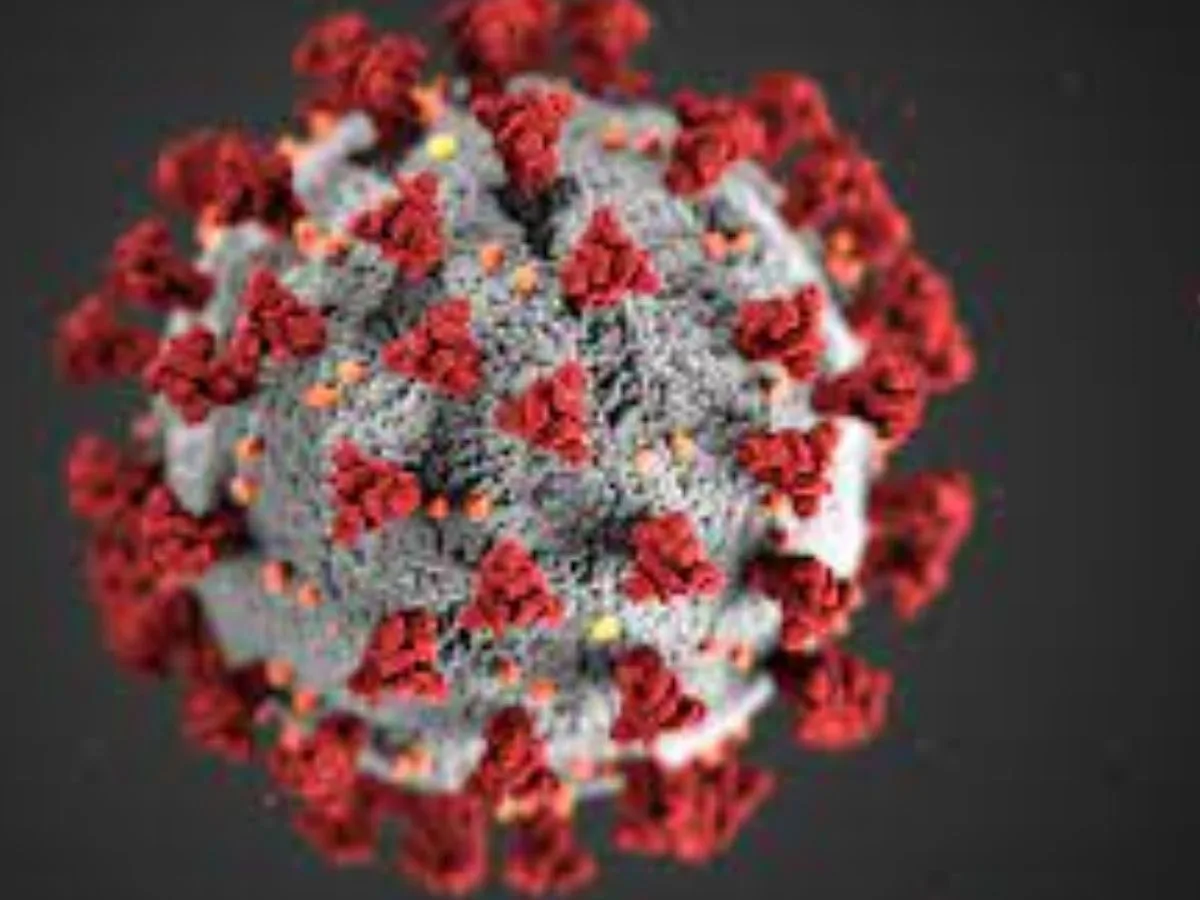COVID-19: Your Genetics May Have Influenced Whether You Followed Lockdown Regulations.

23 May, Groningen (Netherlands) (The Discussion) The COVID-19 pandemic had a negative impact on people’s health all around the world. However, not everyone was affected in the same way. We know that environmental variables, such as the COVID-19 epidemic, affect physical and mental health, but that nature also has an impact (genetics).
The COVID-19 pandemic provided a once-in-a-lifetime opportunity for researchers, who formed the COVID-19 host genetics effort to collaborate on research. Whole communities were exposed to both the virus and the social changes required to adapt to government lockdowns at the same time. We looked into the relationship between genetics and the impact of the epidemic on people’s health over time. We discovered that people’s faith in authority over lockdown was tied to their DNA, and that it also grew increasingly critical for their happiness as the pandemic progressed in 2020.

The trait of high life satisfaction had the most pronounced effect of participants’ genetics. We discovered that as the pandemic progressed, genetics became more relevant while the impact of extrinsic variables diminished.
This impact can be explained in a variety of ways. People had less influence over environmental factors that could affect their quality of life due to the social isolation enforced by COVID-19 containment procedures. Alternatively, it’s possible that some hereditary traits provide stress resistance, helping some people to cope better with the pandemic’s long-term psychological impacts. Our findings highlight the necessity of using longitudinal data to research mental disorders and other psychological features so that we can better understand how to aid those who suffer from them. (The Discussion)









